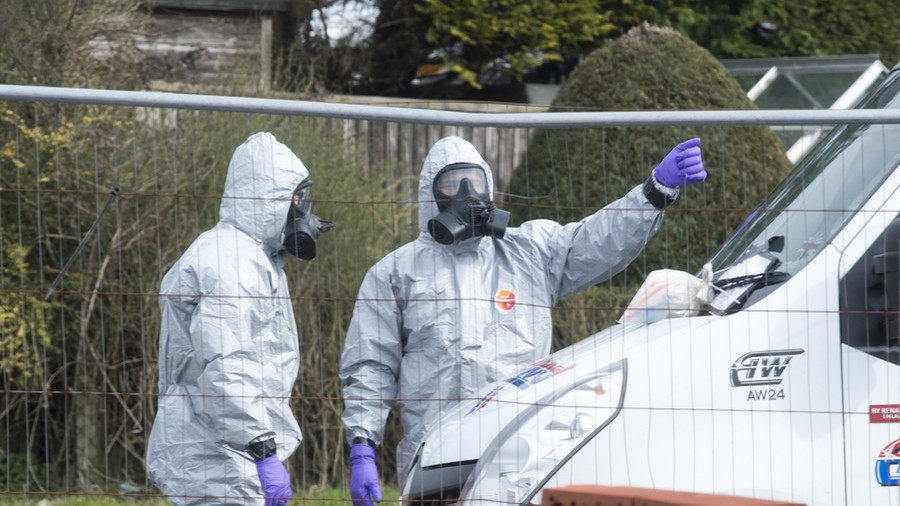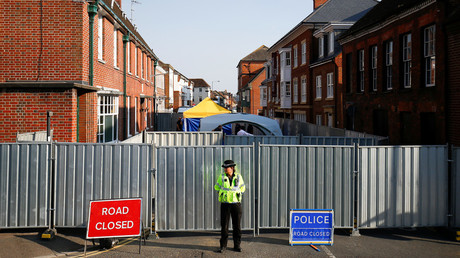‘Skripal spoke to UK spies about the Russian mafia’ – Seymour Hersh doubles down on Salisbury theory

In an interview published in the Independent following the publication of his memoir ‘Reporter,’ Hersh outline his doubts, stating: “The story of Novichok poisoning has not held up very well. [Skripal] was most likely talking to British intelligence services about Russian organized crime.”
Pulitzer-prize winning Hersh, renowned for his investigative work, has previously taken aim at the British government’s narrative that the Russian state is ‘culpable’ for the poisonings.
“There’s bias all the time, this country’s riddled with bias, there’s a great dislike of Russia here, an instinctive dislike,” he said in an interview with BBC Radio 4.
“You saw that mess you had in March, the two Russians that were allegedly killed by nerve gas, which is essentially impossible,” he continued, referring to the poisoning of ex-Soviet double agent Sergei Skripal and his daughter Yulia in Salisbury.
“If you kill them, you kill half the city with nerve gas,” he added, before saying that interest in reporting on the story has “dwindled away.”
“There’s something wrong with the story,” he added.
After several months in hospital, both Skripals were released from hospital after becoming seriously ill as a result of contact with the nerve agent Novichok. Little has been heard from the Skripals since their subsequent discharge from hospital.
Although London and other Western nations were quick to point the finger at the Kremlin, no evidence has been provided to link Moscow to the attack.
Last week, it was reported that the British government was set to buy the residence of Sergei Skripal, along with the home of Detective Sergeant Nick Bailey, the officer who became ill after finding the Skripals slumped on a bench.
Hersh, who shot to fame after exposing the cover up of the My Lai Massacre of civilians by US troops during the Vietnam War, has gone on to become one of the leading investigative reporters on national security issues, and a critic of US foreign and security policy.
Stories he has covered since the infamous My Lai investigation have included the torture and mistreatment of inmates by US Military Police in Abu Ghraib prison after the invasion of Iraq, and – more recently – he has called into question claims made that the Syrian government has used sarin gas against civilians. As a result, he has been labeled by critics as an apologist for Syrian President Bashar Assad.


0 Comments:
Post a Comment
Subscribe to Post Comments [Atom]
<< Home